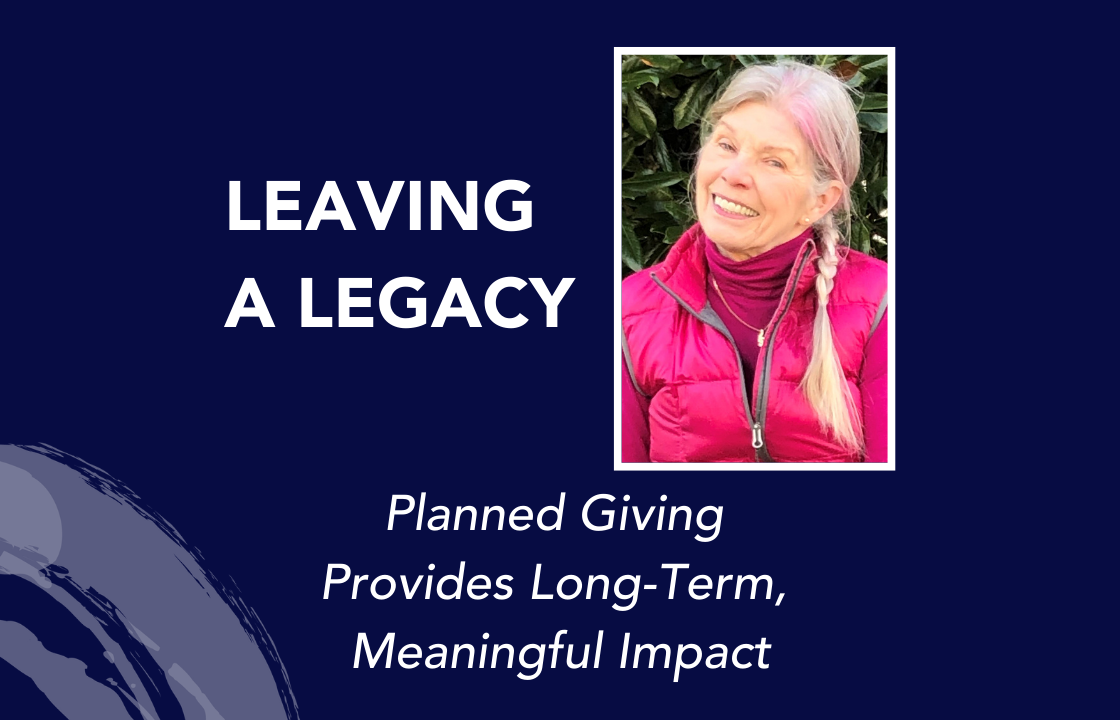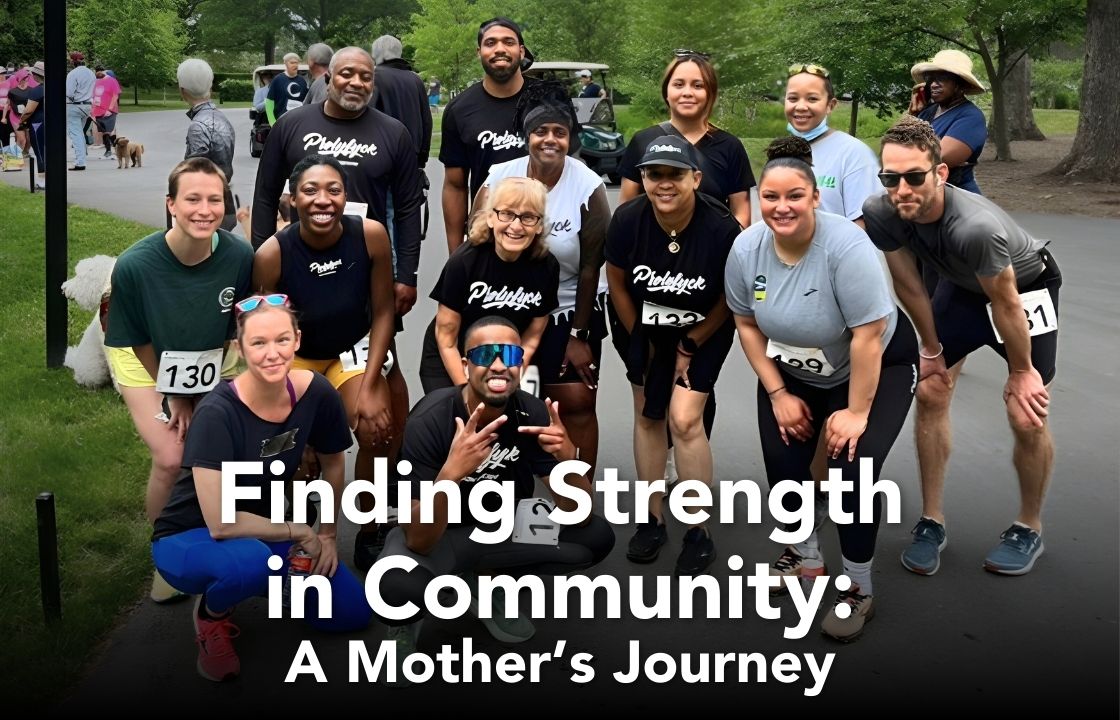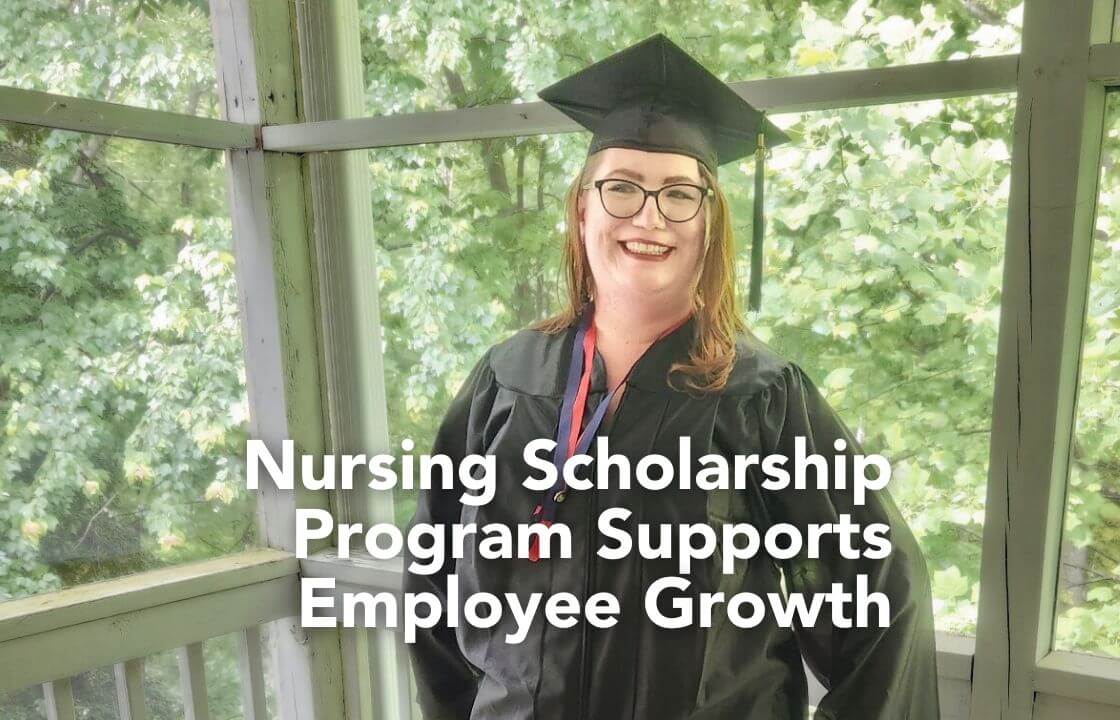When thinking about philanthropic giving or supporting an organization that’s had a meaningful impact on you, there are a variety of options to consider. For those interested in making a significant impact on an organization long-term, without any immediate financial obligation, a planned gift may be a good option. Planned gifts are arranged in the present but allocated at a future date.
One Donor’s Story
Sandra Ludes of Warrenton has made a planned gift to Hospice of the Piedmont and reflects on her reasoning behind the decision.
“My mother, my father, my husband, and many other relatives and friends have all experienced hospice care of some type, starting back in the early 90s. Later in my life, as I was able to learn more about hospice, I more fully recognized its importance. Now, I live in an ‘active adult’ retirement community. As we age, I see an increasing number of hospice volunteers serving my friends. Seems like hospice has always been there for me, and I’m thankful that I’m able to plan a gift to Hospice of the Piedmont that will help assure that it always will be available for others, too.”
At Hospice of the Piedmont, The Legacy Society recognizes individuals who have provided written documentation of a planned gift. Planned gifts may be given in a variety of ways to best meet the needs of the donor.
Some examples of planned gifts are:
- Include HOP in your will or living trust with a specific amount or percentage of your estate
- Name HOP as a beneficiary of your retirement plan
- Designate HOP as the beneficiary of a life insurance policy
- Establish a charitable remainder trust that provides lifetime income to you, with the remainder of the trust passing to HOP
- Establish a charitable lead trust that provides income to HOP now, with the remainder benefitting your heirs in the future
- Gifts of real estate provide charitable tax benefits and may help you to avoid a capital gains tax that would be due if the property were sold
We encourage you to consult with your tax or legal advisor to review options for planned giving to determine the best strategy to fit your personal financial needs.



